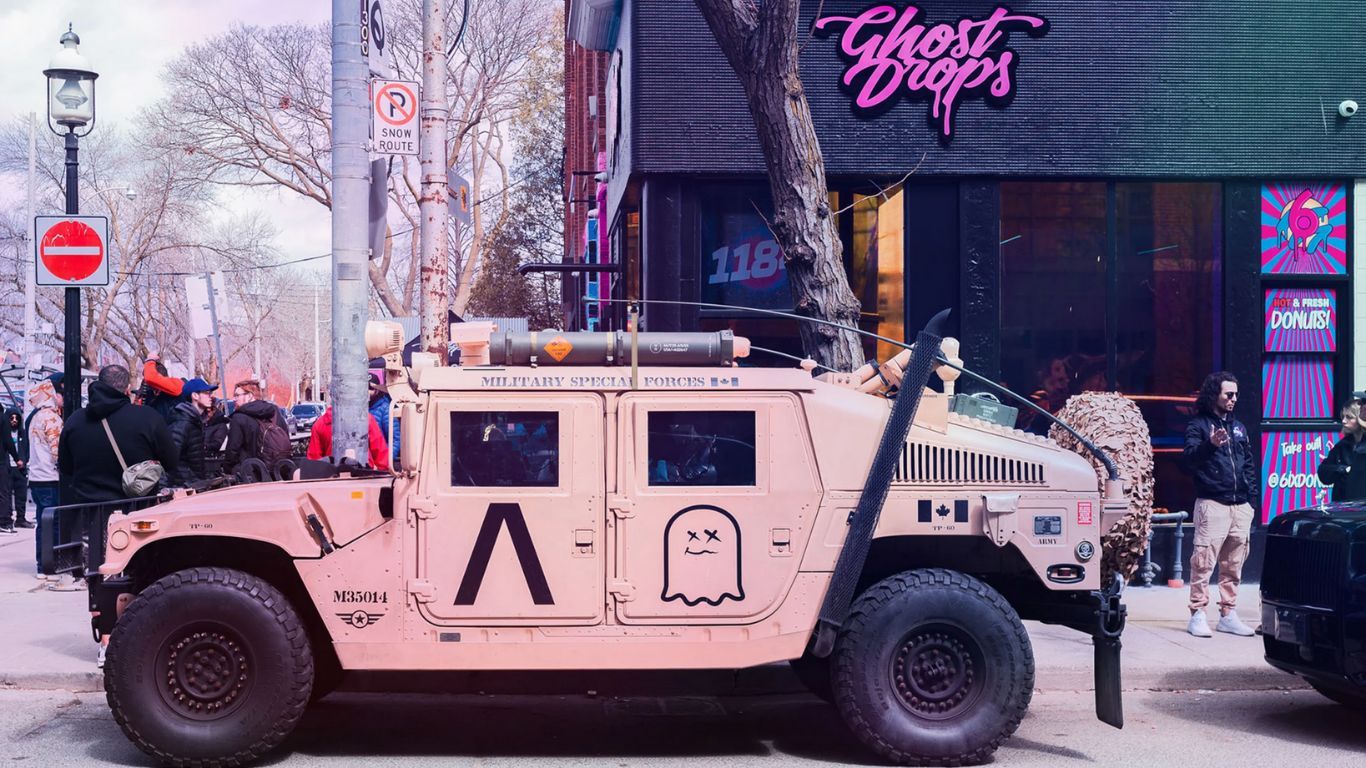
A pilot project to help address the challenges of consumer waste from cannabis vape pens has come to an end, due to a lack of participation.
The national vape recycling program was first announced in December 2020, a partnership with the Cannabis Council of Canada, along with several large Canadian cannabis companies and a Canadian e-recycling provider.
The goal of the program was to address the excess waste from vape pens, especially single-use, disposable vape pens that contain a lithium battery.
In talking to retailers over time, it’s clear people are looking for a place for those carts, which are not really easily recyclable.
George Smitherman, Cannabis council Canada (C3)
As industry trends have shifted away from disposable vape pens to primarily using disposable carts on a rechargeable base, there has been little buy-in to the program, explains George Smitherman, President and CEO of the Cannabis Council Canada (C3).
The initial plan was to see how much demand there would be from consumers and to see if the program could pay for itself via the harvested waste from single-use pens, especially from more valuable inputs like lithium batteries.
As the market shifts to carts, the challenge will be to see if there’s a way to create a revenue flow in recycling those products that can sustain the program.
“Since we started the program, there’s been a really significant evolution of what’s getting into the collection boxes,” says Smitherman. “When we started, we were looking at a lot of the single-use vapes that had lithium batteries and stuff, but in talking to retailers over time, it’s clear people are looking for a place for those carts, which are not really easily recyclable.”
In order to launch a new recycling program, Smitherman says he’s reaching out to other recyclers to see if that same value can be found in disposable vape carts.
“I know the need is there because I get so many emails from small chain retailers, all the time,” he says.
“Long story short, I’m in the midst of interviewing different environmental service providers to try and recalibrate a team and take another run at this, possibly with a view towards (vape carts).”
Quantum Lifecycle Partners did not respond to requests for comment.
The program had been launched in Ontario, Alberta, and British Columbia, seeking to make advantage of the large numbers of private retailers in those provinces.











